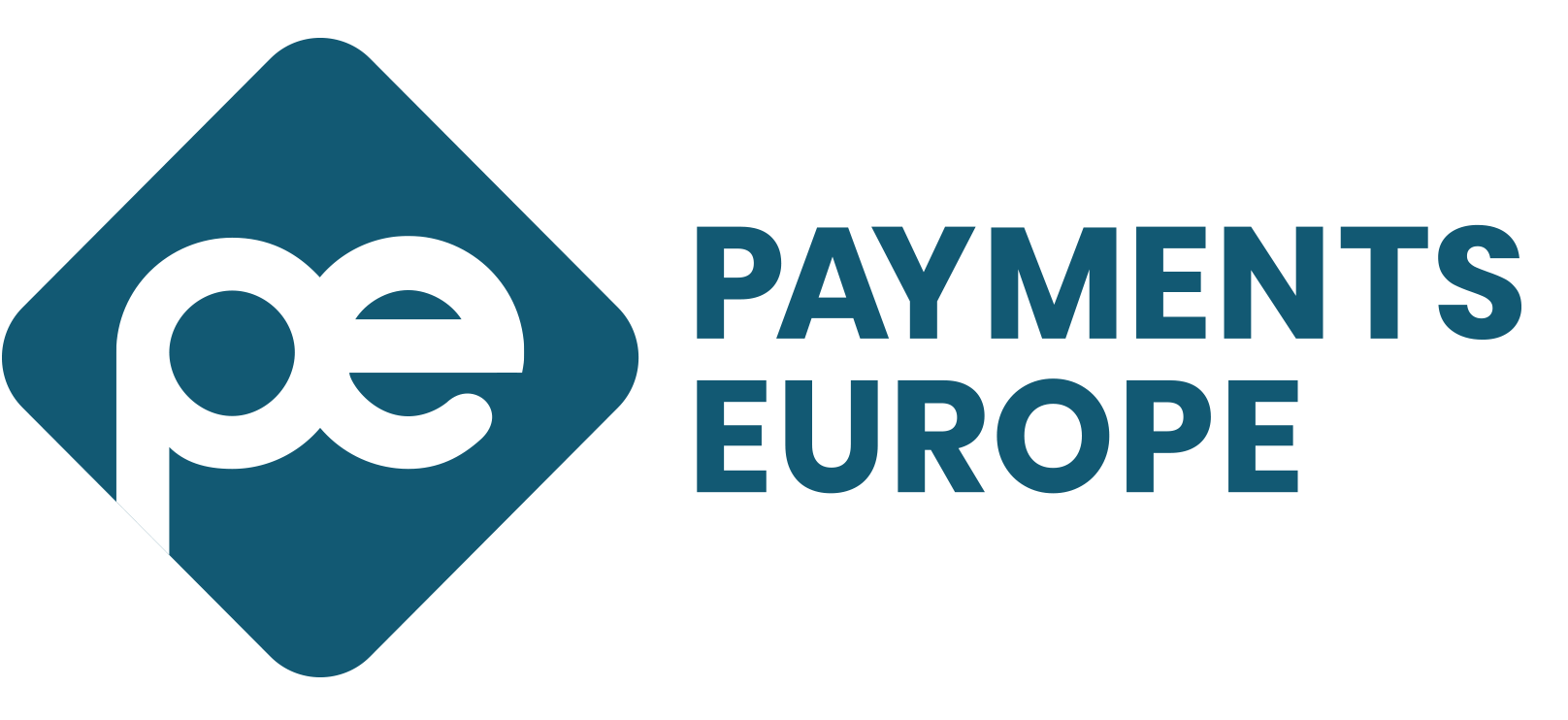KEY TAKEAWAYS
- The European payments market is a success story fuelled by fair competition, consumer demand and safety and security standards. In these challenging times, Payments Europe calls on the European Institutions to ensure they focus their efforts on protecting the European payments market by not taking any measures that could undermine healthy market dynamics and the trust that consumers have in existing payment solutions.
- The European Commission needs to ensure that regulatory measures do not impinge on the ability of payment service providers to design instant payments products, but rather provide a framework that is respectful of the level playing field. Instant payments have unique value, functionalities and costs and can effectively complement other payment solutions: their uptake should be driven by the market, rather than by regulators.
Payments Europe welcomes the opportunity to contribute to the European Commission’s (EC) analysis into the remaining obstacles and the possible enabling actions that could ensure the uptake of instant payments in Europe.
Payments Europe believes that the European payments market should by driven by key principles such as fair competition, consumer demand and safety and security standards. This will allow a multitude of payment methods to thrive. Thanks to these principles, European consumers are currently benefitting from a variety of payment methods, each with different features and use cases.
Payments play a fundamental role for the economy, and their relevance is ever increasing as the market undertakes serious post-pandemic efforts towards full recovery. At this crucial time, Payments Europe calls on the European Institutions to ensure they focus their efforts on protecting the European payments market by not taking any measures that could undermine healthy market dynamics and ultimately the trust that consumers have in existing solutions.
Instant payments, with their unique value, functionalities and costs, fit well with today’s commerce, which needs to be immediate and always available, and will complement other payment solutions. To ensure their uptake, the EC has identified several enabling measures to incentivise Payments Service Providers (PSPs) to offer instant credit transfers in Euro. In this respect, Payments Europe invites the EC to ensure that regulatory measures do not impinge on the ability of PSPs to design instant payments products, but rather provide a framework for this technology that is respectful of the level playing field.
ABOUT TARGETED CONSUMER PROTECTION MEASURES
For any new payments method to be successful, users will not only need to find value in its use, but also be guaranteed safety, security and reliability: it is only by delivering these elements that card-based payments have become the most convenient, fastest and safest method of payments for both low- and high-value payments and the preferred payment method for users[1].
Over the years, card payment providers have developed a comprehensive consumer protection system that has proven to be functional and appreciated by users. This has been made possible by the development of a pricing system that ensures all participants in any transaction are delivered high value, in exchange for a limited and reasonable price.
Consumer protection comes at a cost, and in demanding increased protection measures, the regulator should keep in mind the impact on price that the design and implementation of those would have on the price of a payment method.
As Payments Europe, we advocate for full transparency to be guaranteed on the level of protection provided by each payment method to ensure that users can decide whether a higher-protection, higher-cost product would still be interesting for them.
We believe that it is necessary to ensure that users are aware of the characteristics of instant payments, which are currently unable to offer the same guarantees offered by other payment methods such as high level of protection against fraud, well-developed reimbursement options, enhanced safety features, and rich involvement in innovation.
ABOUT TAILORED FRAUD PREVENTION MEASURES
Payments Europe agrees with the European Commission that the European payments market should be autonomous and resilient to external threats – be it fraud, cyber risks, foreign sanctions, etc. Our members recognise and support the EC’s efforts to ensure that users are not at risk when completing a transaction.
The global nature of our economy makes threats global. We therefore believe that users can benefit from strong fraud control systems by having international solutions at their disposal. It should be recognised that significant investments are made by the industry to develop and maintain fraud control mechanisms.
Card payments provide a great example of a payment method that ensures users are protected from fraud, and consumers value the protection provided by cards in this regard. We believe that the uptake of new forms of payments should be done in full transparency and ensure that end-users are clearly informed about applicable fraud and consumer protection measures in order not to undermine the confidence that European citizens have in the payments ecosystem.
ABOUT ADDRESSING THE ISSUE OF CHARGES LEVIED ON CONSUMERS AND FEE STRUCTURES AT POINT OF INTERACTION
One of the features that has supported the uptake of instant payments in several European markets is their low price. Consumers, who have found that instant payments are a useful tool when paying in certain situations (e.g. low-amount, P2P transactions), appreciate and value this feature.
We however encourage the European Commission to allow the market to price their services or products, depending on the features that are built in. In a well-functioning market, different instant payments products may develop, with different added value features based on a cost (as with any other service that is brought to market). Depending on the beneficiary of the added value service, the costs can be channelled to the consumer (e.g. premium consumer protection services) or the merchant (e.g. guarantee of funds).
ABOUT ENSURING TRANSPARENCY AND CHOICE OF PAYMENT OPTIONS AT THE POINT OF INTERACTION FOR BOTH MERCHANTS AND CONSUMERS
Payments Europe believes consumers need choice and the ability to express their choice between payment methods to serve different needs. We believe that a lack of consumer choice restricts competition and that consumers’ choices should always be made based on information and understanding. We therefore argue for payment methods to be transparent to respect users’ freedom of choice.
Payments Europe argues that consumers must be allowed to exercise their freedom of choice at the point of sale. As merchants are able to express their preference through their selection of which payments methods to accept and the possibility to suggest one payment method over others, consumers must be allowed to override merchant preference in an easy and straightforward way.
ABOUT SUPPORTING THE INTEROPABILITY OF SEPA INSTANT CREDIT TRASNFER-BASED PAYMENT SOLUTIONS SCHEMES
It is fundamental that European citizens and retailers can benefit from smooth, fast and secure payments with a global reach. Global payments markets are built on principles aimed at guaranteeing stability and interoperability, lowering costs and facilitating innovation. These principles, which allow for the development of open networks, also guarantee that the payments market is transparent, open and flexible to new entrants.
Payments Europe supports the global interoperability of any payment system. Card payments provide a perfect example of a well-functioning global and open system. By connecting international and domestic card schemes with mainly European issuers and acquirers, this model enables them to do business in Europe and beyond. The partnership between all players involved ensures that consumers and merchants can transact business everywhere in the world.
ABOUT SUPPORTING TECHNICAL STANDARDISATION LED BY INDUSTRY/OR, IF NECESSARY, VIA EUROPEAN STANDARDISATION ORGANISATIONS
The payments market is already developing quickly and steadily fuelled by the industry, which has proven capable of developing business models and new solutions to respond to consumers’ needs. For this reason, we believe that any further change, including the adoption of any standard, should continue to be market-driven rather than be mandated by public authorities.
The existing regulatory framework seems to be sufficient to carve a path for payment solution developers to follow, while also continuing to push for industry-driven and outcome-based solutions.
Should public authorities deem it necessary to become involved in the development of new standards, Payments Europe advocates they should do so keeping in mind that overregulation might stiffen innovation, and that any intervention in this field should aim to promote consumers’ choice and protection without disrupting the equilibrium of the market.
[1] Cards In The Evolving European Payments Landscape – A Report By Payments Europe, available here: https://www.paymentseurope.eu/wp-content/uploads/2019/12/Payments-Europe-Report_Cards-in-the-evolving-European-payments-landscape.pdf

